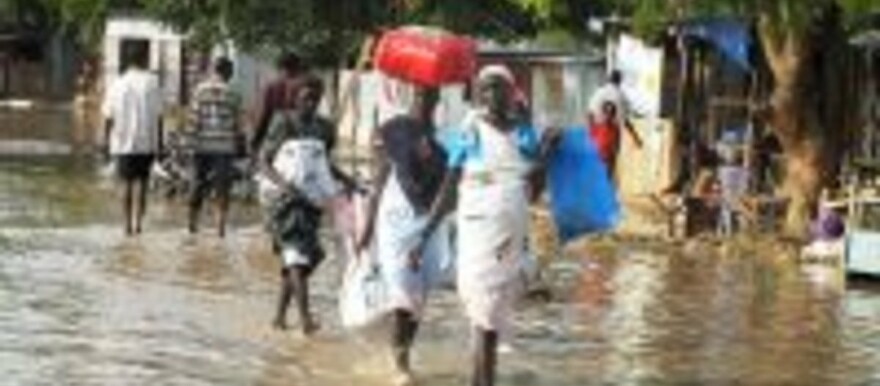The U.S. Agency for International Development (USAID) has signed a five-year contract with DT Global to expand equitable and sustainable access to water, sanitation, and hygiene in the 13 counties that are the focus of USAID’s development strategy in South Sudan, a statement from the US Embassy in Juba said.
The counties include Kapoeta North and Budi counties in Eastern Equatoria State, Akobo, Duk, Pibor, and Uror counties in Jonglei State, Leer, Mayendit, and Panyijar counties in Unity State, Baliet and Ulang counties in Upper Nile State, and Jur River and Wau counties in Western Bahr-el Ghazal State.
According to USAID, multi-layered assistance in these severely underdeveloped counties will build community and household resilience, so that these communities will be better able to withstand shocks such as floods and conflict, and require less emergency assistance.
A report from the 2019 UNICEF/World Health Organization Joint Monitoring Program, found out that only 11 percent of South Sudan’s population has access to basic sanitation, and 41 percent has access to clean drinking water.
“The Gender-Aware, Sustainable Water, Sanitation and Hygiene activity will strengthen coordination in the sectors of water, sanitation, hygiene, and management in the 13 focus counties by fostering leadership—including through training and the empowerment of women, providing technical assistance, and engaging the private sector and social enterprises,” the statement reads. “This activity will also expand water, sanitation, and hygiene services in the target counties, with water infrastructure investments in schools and health facilities, incorporating input from women, men, youth, children, and vulnerable groups. Finally, the activity will increase the adoption of key sanitation and hygiene practices that will improve public health by reducing infections.”
USAID South Sudan Mission Director Haven Cruz-Hubbard said: “Development investments that will improve access to clean water and sanitation services in some of South Sudan’s most underdeveloped communities are essential to build resilience and improve public health.”
He said the new activity builds on successes of USAID’s 2017-2021 Water, Sanitation, and Hygiene Response and Prevention of Gender-Based Violence activity implemented by the International Organization for Migration, which built or rehabilitated more than 500 water sources in South Sudan and reached more than 400,000 individuals with improved access to safe drinking water, increased availability of sanitation facilities, hygiene training, and the establishment of gender-based violence prevention and response services.
Approximately 8.3 million people in South Sudan need humanitarian assistance in 2021, according to estimates from the UN Humanitarian Needs Overview South Sudan, up from 7.5 million people in 2020.




